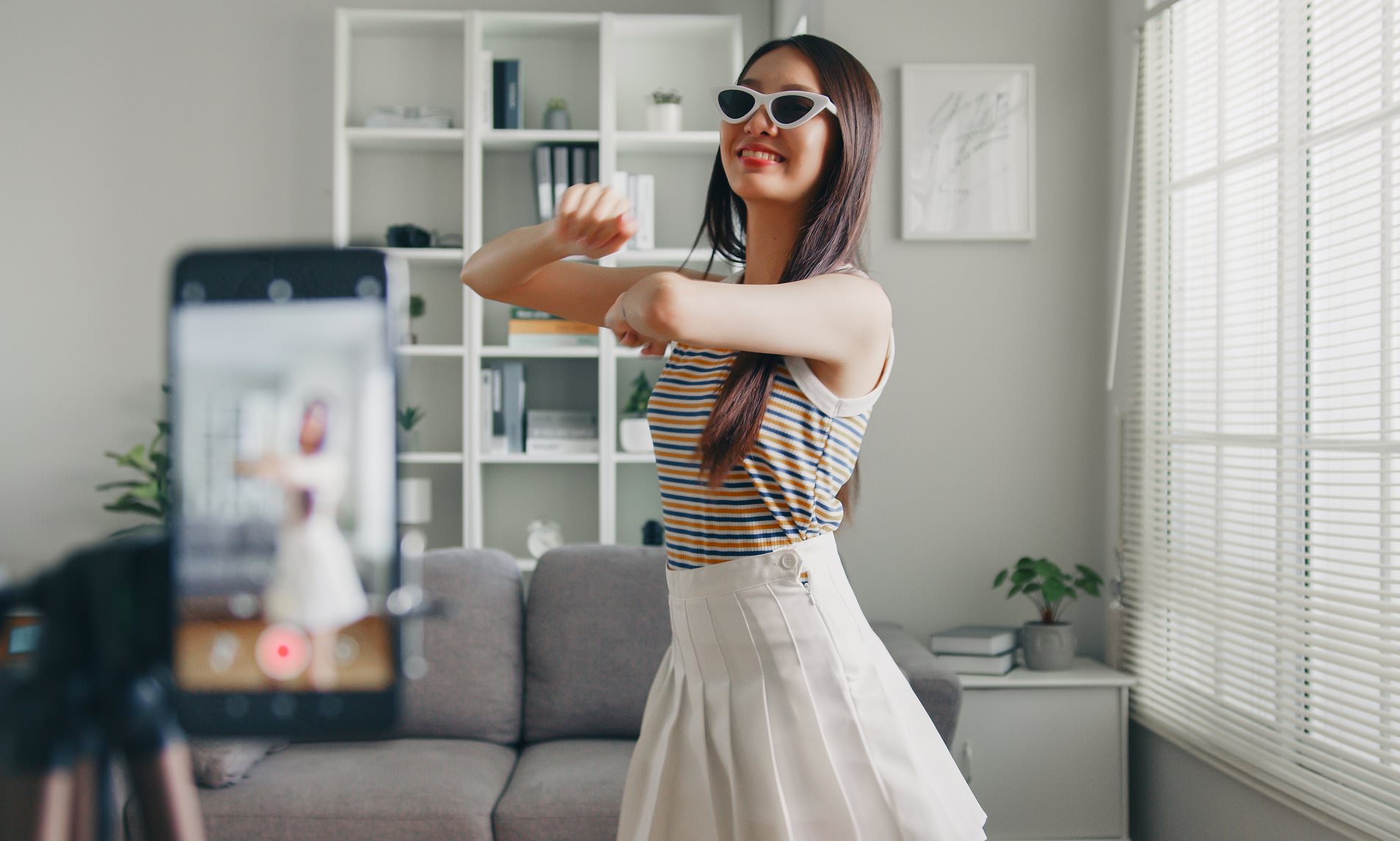
HERE'S GEN Z'S BIGGEST OFFICE ICKS (AND WHY WE SHOULD GIVE IN TO THEM)
- Gen Z want cameras off and hate when people talk about their lunch habits
- Read More: I think Gen Z are the rudest generation ever
Gen Z's top workplace icks have been revealed - and it's bad news for bosses who thought the younger generation would be hands on with the office TikTok.
Nothing infuriates the TikTok generation like being asked to help out with social media - especially if that means getting on camera.
Speaking to FEMAIL, People and Talent Advisor Matt Berry-Hewitt revealed the youngest generation of Australian workers have some very specific work icks.
But five stand out as major turn offs including being expected to do overtime and having someone comment on their choice of lunch.
People choosing to come into work while sick and being told to switch the camera on for Zoom meetings round off the top five.
And while the list may leave boomer bosses, Gen X's and even millennials rolling their eyes, Mr Berry-Hewitt claims workplaces should shape up to meet the younger workers expectations.
Gen Z will make up 58 per cent of the workforce by 2030, so the bad habits have to go, he explained.
The expert went into detail about each ick and how to change old habits to make Gen Z more comfortable.
Being asked to feature on TikTok
Many Gen Z employees describe being irritated by colleagues who ask them to take part in company social media content, Mr Berry-Hewitt explained.
Bosses should allow Gen Z employees to set these boundaries.
'If you ask a staff member to join in with a TikTok, and they say no, you should respect that no and move on,' he said.
Adding that nine in ten Gen Z's have felt social discomfort at work at some point.
'Seek out volunteers for social media filming and avoid the more camera-shy employees,' he suggested.
Judging their food choices
Comments about food simply won't be tolerated by Gen Z, according to Mr Berry-Hewitt.
'A quarter of them eat a meat-free diet, with another 26 per cent intending to lead a more plant-based diet in the future, which is significantly higher than any other age group,' he explained.
Accepting others' dietary choices is non-negotiable for the TikTok generation - even if you don't approve of them or it means putting up with people eating tuna at work.
'If a workplace has a sectioned dining area, this shouldn't be a problem,' Mr Berry-Hewitt said.
Having cameras turned on for Zoom meetings
The expert said 35 per cent of Gen Z women favour loungewear over any other clothing.
'So it's no surprise that another recurring ick is being asked to turn their cameras on when taking part in a Zoom or Teams call,' he said.
Although 80 per cent of workers of all ages prefer their virtual meeting partners to keep their cameras on, he explained.
'There is added pressure on younger workers to turn their cameras on to appear more trustworthy,' he said.
The expert said having a camera on helps to show you are invested in what's happening and improves engagement with others.
'Having my camera on helps me connect with an audience and gauge how what I'm saying is landing. If your employee is on a call, there should be a degree of trust established that your staff are listening,' he said.
Overtime expectations
A common complaint by Gen Z employees is being labelled a 'part-timer' for arriving and leaving the office exactly on time, the expert explained.
He added that a recent study revealed 77 per cent of Gen Z prioritise having a healthy work-life balance with a particular focus on working smarter, not harder.
'If somebody says "no" to being expected to work overtime with no extra pay, that's a bad workplace culture for expecting it of staff - not a bad employee for turning it down,' he said.
More senior colleagues can avoid falling foul of this ick by focusing on productivity and tasks completed instead of hours logged.
Working while sick
Gen Z and millennial workers are less likely to turn up to work when they are unwell according to the HR expert.
And they are most likely to call in sick to work after showing symptoms of a minor illness such as a cold.
Older generations are shown to be less mindful of spreading germs around the office and are happy to show up and share their cold with the team
'If a colleague says they're ill and they've come into the office regardless, most people will wonder why - especially in an environment that warrants working from home. In a post-Covid world, nobody wants to be around somebody ill,' Mr Berry-Hewitt said.
The expert said Gen Z are 'confident in what they want from a career and how they'd like their workplace culture to be shaped'.
'As they become the dominant force in the workplace, businesses are going to have to learn to adapt to these new expectations or miss out on some great talent,' he said.
He warns Gen Z workers also need to exercise patience.
'Companies aren't going to magically change and adapt overnight.'
Mr Berry-Hewitt revealed these findings for Furniture At Work.
Read more 2024-07-03T06:00:44Z dg43tfdfdgfd